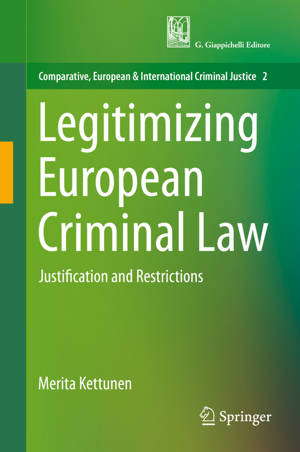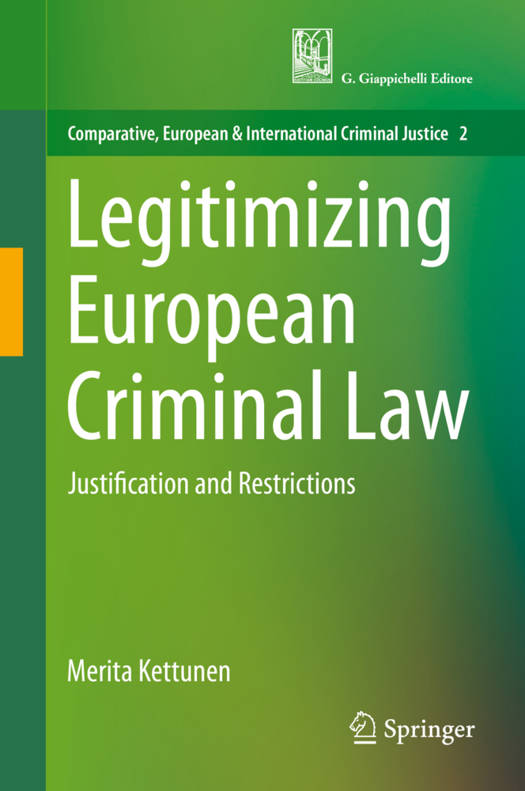
- Afhalen na 1 uur in een winkel met voorraad
- Gratis thuislevering in België vanaf € 30
- Ruim aanbod met 7 miljoen producten
- Afhalen na 1 uur in een winkel met voorraad
- Gratis thuislevering in België vanaf € 30
- Ruim aanbod met 7 miljoen producten
Zoeken
€ 147,95
+ 295 punten
Uitvoering
Omschrijving
The book examines how and according to which principles the enactment of European criminal legislation is legitimate. The approach adopted here focuses on the constitutionalization of criminal law (i.e., the growing importance of constitutional elements of the EU legal order and the ECHR regime within criminal law). Further, it shows how and why criminal law has a unique nature, and why it should not be equated with other fields of EU law.The book explains the basic research questions and methodologies, before turning to the nature of criminal law at the level of national law, and addressing the different levels of justification for criminal law. Further, it examines the most prominent features of European criminal law and the difference between general EU law and EU criminal law, as well as the theoretical ideals for European constitutional structures and criminal law. Examples of how the law in practice might not always be in keeping with these normative ideals serveto round out the coverage.
Specificaties
Betrokkenen
- Auteur(s):
- Uitgeverij:
Inhoud
- Aantal bladzijden:
- 278
- Taal:
- Engels
- Reeks:
- Reeksnummer:
- nr. 2
Eigenschappen
- Productcode (EAN):
- 9783030161736
- Verschijningsdatum:
- 18/11/2019
- Uitvoering:
- Hardcover
- Formaat:
- Genaaid
- Afmetingen:
- 156 mm x 234 mm
- Gewicht:
- 589 g

Alleen bij Standaard Boekhandel
+ 295 punten op je klantenkaart van Standaard Boekhandel
Beoordelingen
We publiceren alleen reviews die voldoen aan de voorwaarden voor reviews. Bekijk onze voorwaarden voor reviews.











